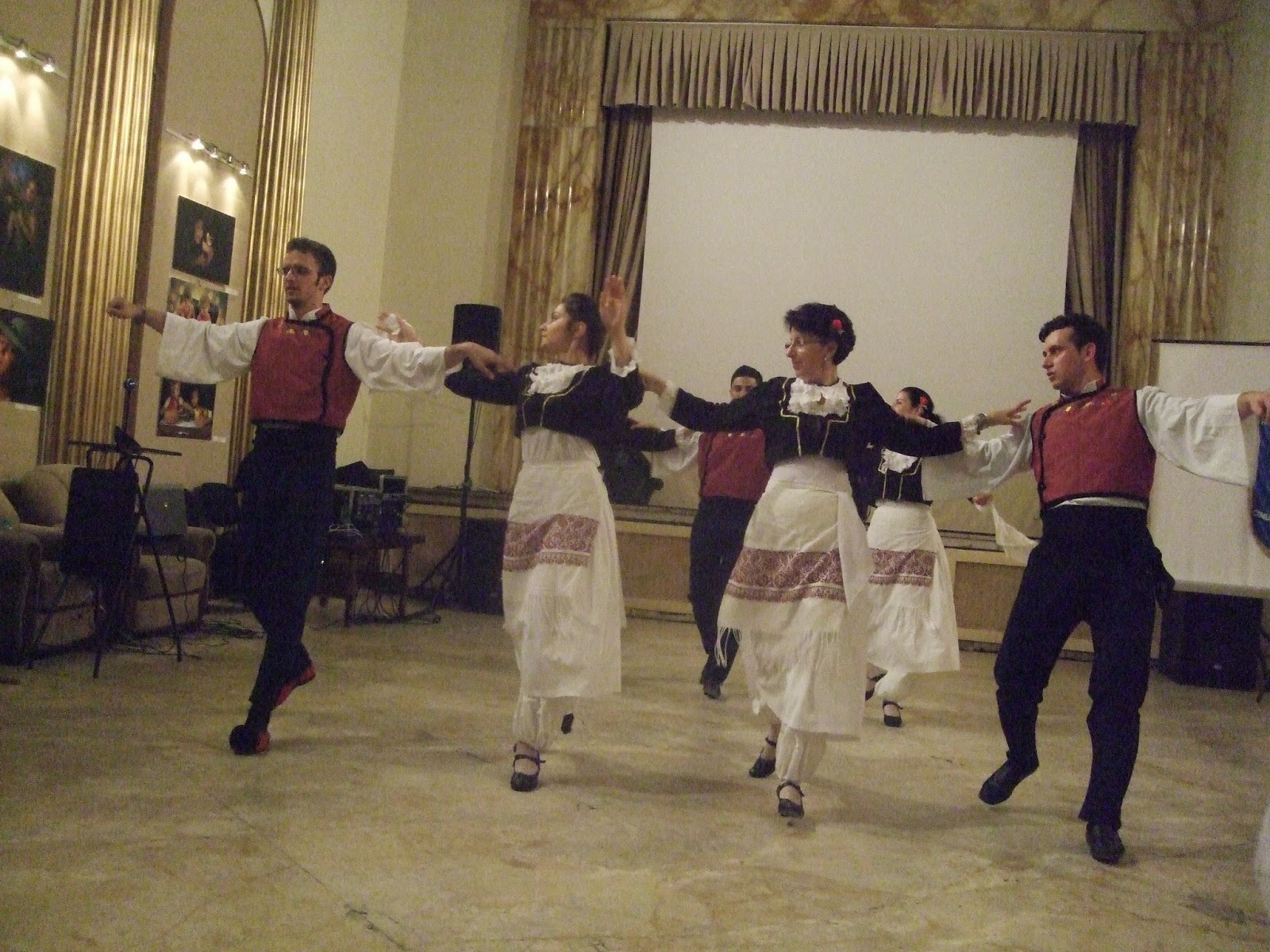Today I saw a funny picture saying: "A book commits suicide every time you watch a reality show". And it lit up a light bulb in my head (figuratively speaking, of course). Since the beginning of the 21st century, people in various countries have been complaining more and more about the intellectual regression of the population, and especially the younger generations. We cannot place the blame on just one factor, but I believe that the effects of the media on the people definitely play a big part.
Personally - and forgive me if you're a fan - I think that reality shows are useless. Of all types of TV programmes, they bring nothing that is enriching intellectually or spiritually. And if you want to have a laugh, even the cheesiest of comedies is a better solution, as even Ace Ventura has a bigger IQ than some of the participants in those shows. More often than not, reality shows provide us with a cocktail of random people, who may not have better things to do, forced to stay together in a house, or on an island, or to compete against each other in order to become the best bride / groom / daughter-in-law / chef / whatever, and to win a big money prize. We basically have to watch their (generally contradictory) personalities interact, creating an "entertaining" show, often reaching the verge of scandalous and vulgar. Of course, all these shows are arranged and directed in order to create a certain atmosphere. I am proud to say that Big Brother was axed in Romania on the show's second edition, back in 2004, because of obscene behaviour displayed on air, but that didn't stop our television producers to come up with other stuff. And there we go again. The bigger the scandal, or the bigger the frequency of insults, the bigger the audience.
But is it worth it, really? What for? At maximum, I would only save talent shows, as they are mainly about music and dancing, and it is always worth discovering new talents, or even enjoying the show as variety. Although, in some situations, that type of talent scouting is not always fruitful, but I digress and we'll talk about it in another post. But generally speaking... I hardly see any benefits. Sometimes they are not even funny. I once tried to watch something, but after a couple of minutes I got a headache from the excessive shouting of the participants.
Don't get me wrong: people need and deserve to be entertained and laugh. But there are many other and more clever ways. What about a real comedy show? Or a funny movie or TV series? At least we see professional actors, witty scripts, and a certain sense of measure. So, I dare to say that not only a book commits suicide when we watch that sort of stuff, but also a movie or a good-quality TV programme does the same, to which we add the (spiritual) suicide of all the people working behind them, and who want and know how to make good-quality television. Let's choose carefully what we watch!














